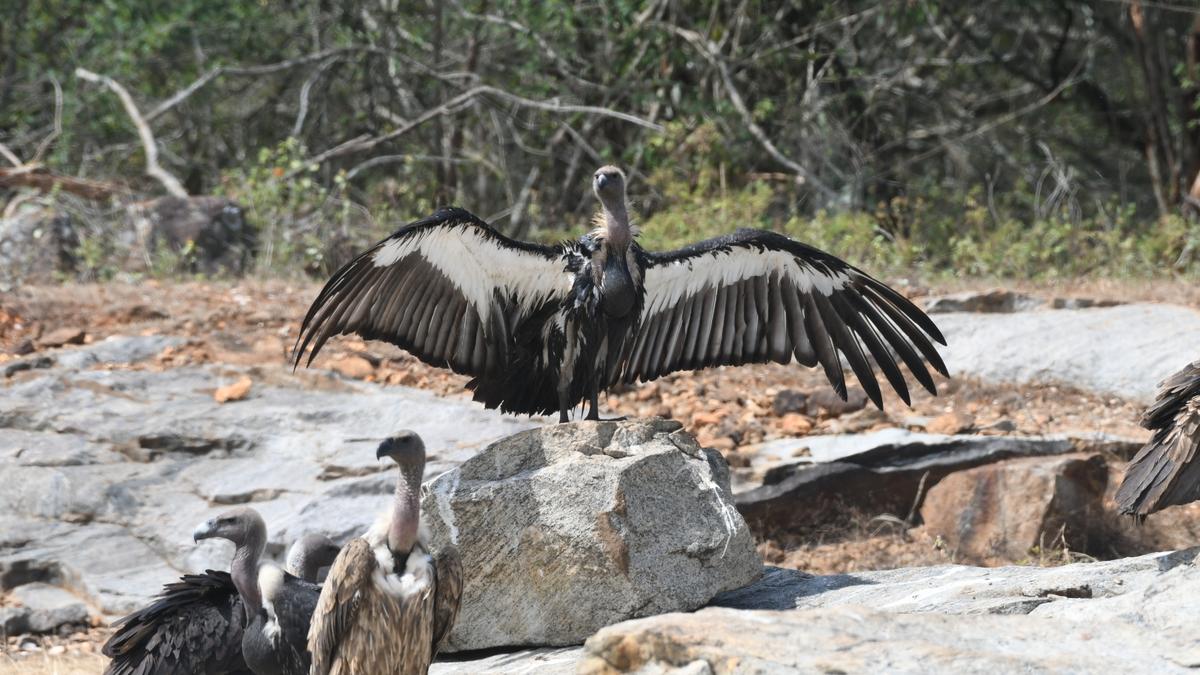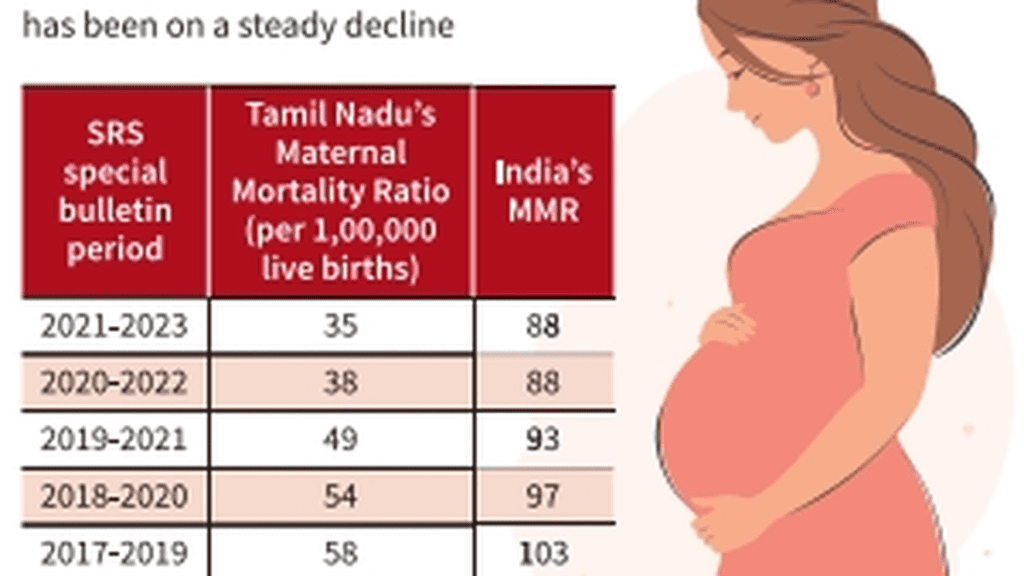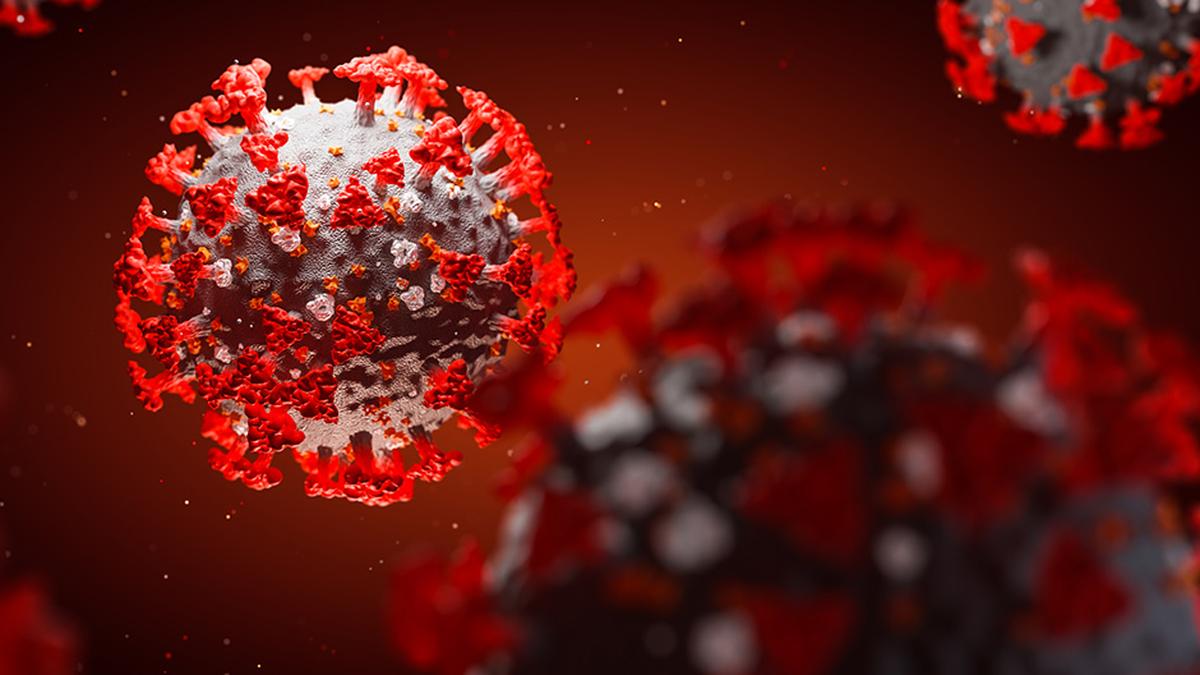Nimesulide ban yet another step toward saving vultures, but the battle is far from over Premium

Nimesulide ban yet another step toward saving vultures, but the battle is far from over Premium
Vultures, often referred to as nature’s sanitation workers, play a crucial role in maintaining the ecosystem health by swiftly removing dead animals that might otherwise spread harmful diseases. However, in the Indian subcontinent, these essential birds have seen a catastrophic decline, with several species teetering on the brink of extinction.
The population of the white-rumped vulture, once abundant in India, has dropped by over 99% in the past few decades, primarily due to the widespread use of harmful non-steroidal anti-inflammatory drugs (NSAIDs) in veterinary medicine.
In a bid to curb this crisis, the Indian government has implemented a ban on nimesulide, a commonly used NSAID for veterinary purposes, which has been linked to the poisoning and death of vultures, under section 26A of the Drugs and Cosmetics Act, 1940.
The Ministry of Health and Family Welfare published a gazette notification in this regard on December 30, 2024. This ban is an extension of previous efforts that began in 2006, when diclofenac, another deadly NSAID, was banned for veterinary use after it was found to be the leading cause of vulture deaths due to its toxic effects on the birds’ kidneys. However, the fight to save vultures is far from over.
In Gujarat, two separate incidents of vulture mortality in 2019 and 2020 highlighted the ongoing threat posed by toxic NSAIDs. After conducting post-mortem examinations, researchers from the ICAR-Indian Veterinary Research Institute located at Bareilly, Uttar Pradesh found that the vultures had died from poisoning due to nimesulide, a drug that had been found in their tissues in concentrations similar to those seen in diclofenac poisoning. This confirmed that nimesulide had toxic effects on vultures, causing symptoms like visceral gout, a clear indicator of kidney damage.
Studies have shed light on the devastating consequences of continued NSAID use. A 2024 study published in the American Economic Review found that the sudden collapse of vulture populations between 2000 and 2005 contributed to a significant rise in human deaths. The study estimated that the loss of vultures led to about 1,00,000 additional human deaths each year over a five-year period, with mortality costs amounting to $69.4 billion annually. This was due to the proliferation of disease and bacteria that vultures would have typically removed from the environment. Without vultures, carcasses were left to decay, attracting dogs, which spread diseases like rabies to humans, and contaminating water sources with pathogens.
S. Bharathidasan, a conservationist from Arulagam, strongly supports the ban on nimesulide but warns that more must be done to protect vultures. He points out that despite the ban on diclofenac, NSAIDs like ketoprofen and aceclofenac are still widely available in veterinary markets. His recent undercover survey in regions like Erode, Nilgiris, and Coimbatore in Tamil Nadu revealed that these drugs, though restricted, are still being sold and used on livestock. Bharathidasan emphasises that drug inspectors must increase their efforts, conducting unannounced raids to prevent the illegal sale of these drugs.
Another recommendation is the rigorous safety testing of any new NSAIDs before they are allowed for veterinary use. As new drugs are introduced to the market, it is essential that their potential impact on vultures be assessed to prevent further harm to these already endangered species.
Nitish Agarwal, a vulture conservationist from Jabalpur, agrees with Bharathidasan’s concerns and notes that while the ban on diclofenac has slowed the decline of vultures, the situation remains dire. He points out that diclofenac is still available in places like Bhopal and Ujjain, and the illegal trade continues to undermine efforts to protect the birds. Agarwal also advocates for the regulation of online sales of NSAIDs to ensure that these drugs do not reach the market in unregulated ways, further threatening vulture populations.
Conservationists argue that a comprehensive approach is needed, one that not only bans harmful drugs and thus benefitting humans, but also enforces regulations on illegal sales, promotes safe alternatives like meloxicam, and supports the ongoing monitoring of vulture populations.










